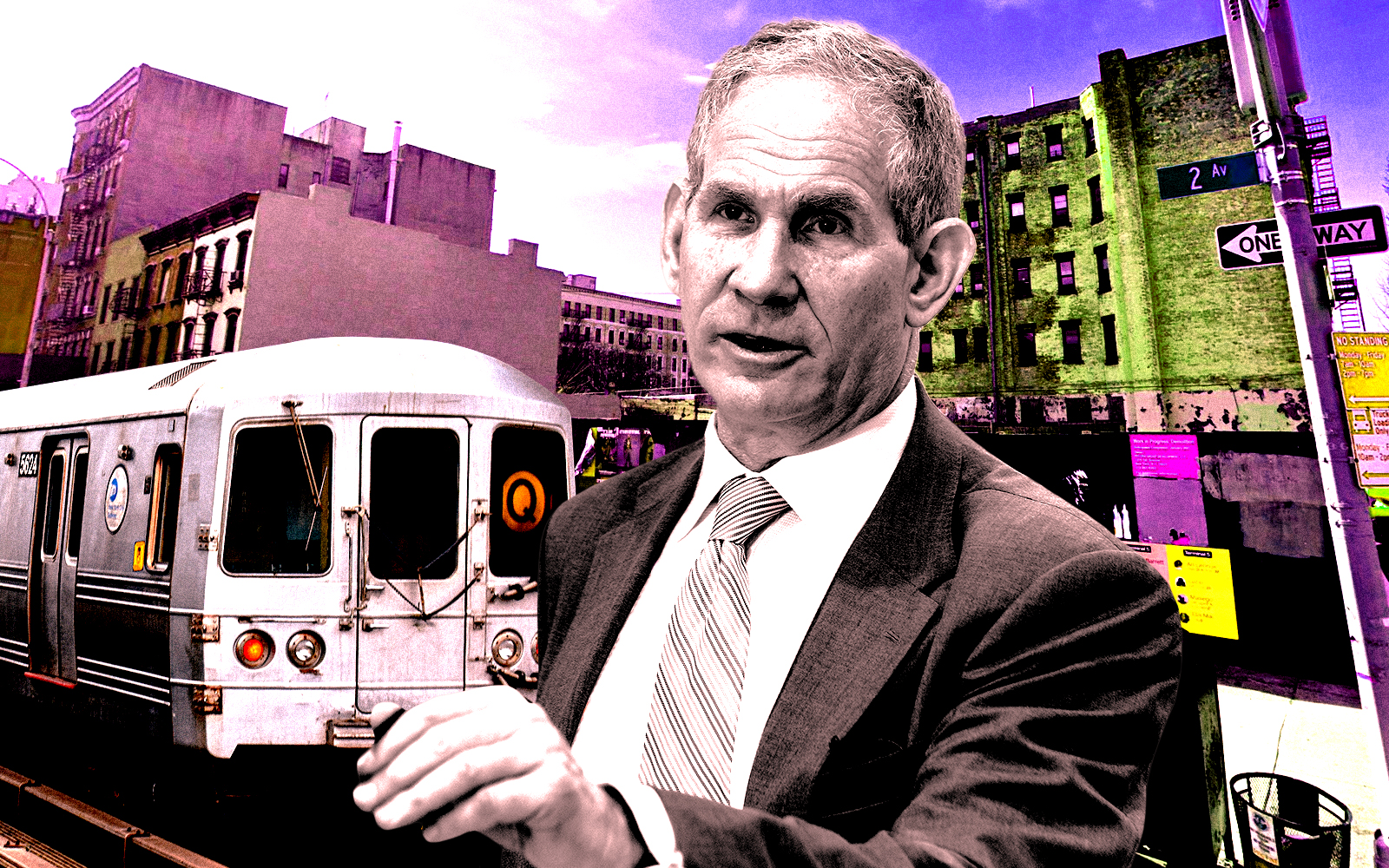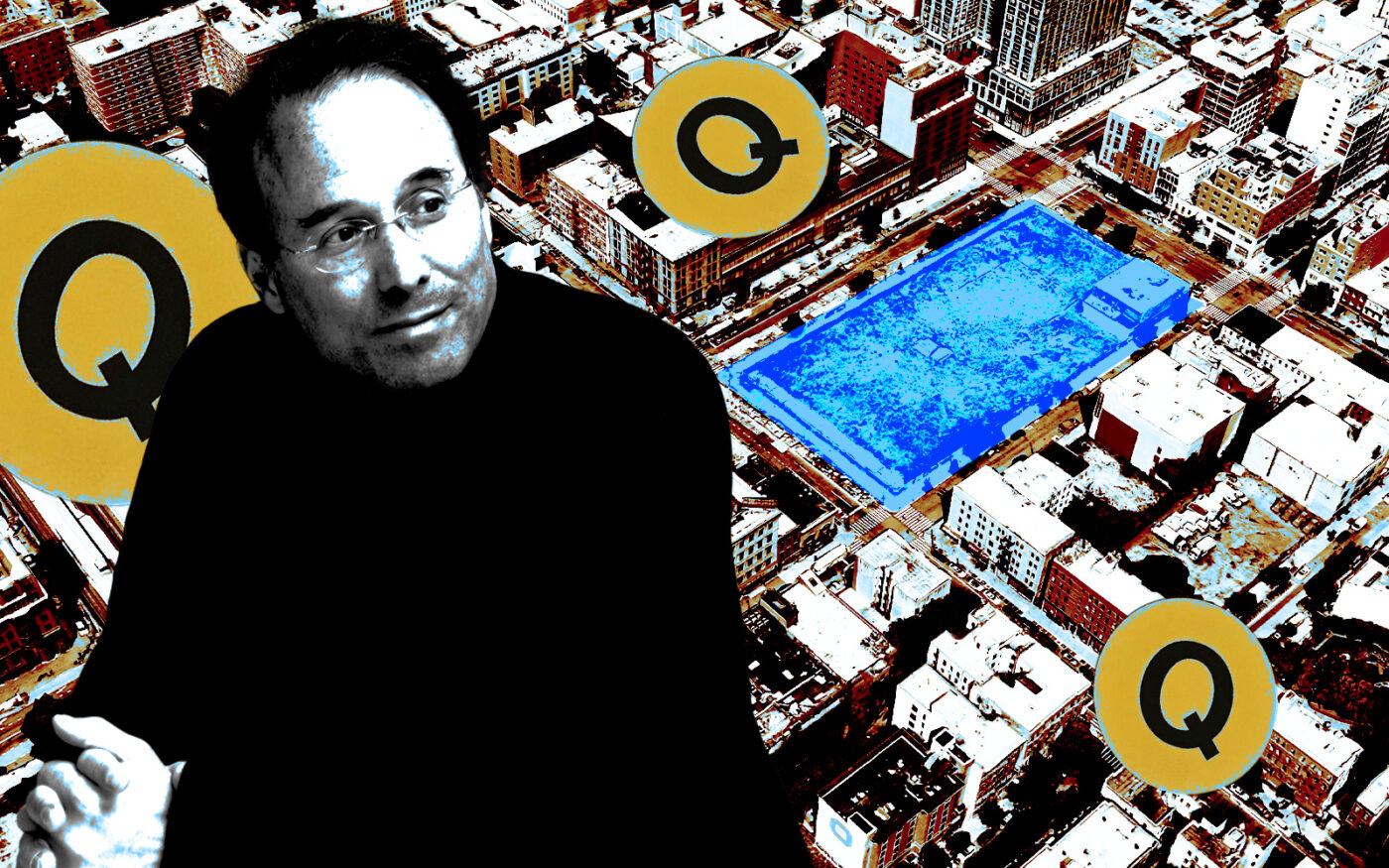
Trending
Extell sells Harlem site to MTA for $82M
Gary Barnett’s firm snagged 80% premium on land for Second Ave subway

The Metropolitan Transportation Authority picked up another parcel for its extension of the Second Avenue subway.
The MTA acquired a site at 160 East 125th Street in Harlem from Extell Development for $82 million, Crain’s reported. The MTA paid a premium for the 1.6-acre site — at least according to its own assessment — after it appraised the property at $45.4 million.
Gary Barnett’s Extell purchased the site in 2014 for $39 million, later spending an additional $21 million to buy PathMark out of its lease. In negotiations with the MTA, Barnett put the property’s value at $114 million, according to MTA documents.
The site will serve as an entrance to the extended Second Avenue subway, one of three stations being added to the Q line. The site also has the benefit of being adjacent to the 4, 5 and 6 lines that run underneath Lexington Avenue; the MTA plans to build an underground connection between the various subways at East 125th Street.
The agency’s quest to expand the Q line has taken on renewed vigor in recent weeks. Last month, it launched eminent domain proceedings for nine sites in East Harlem, properties around Second Avenue and East 120th Street. Documents show in the case of Extell’s property, the MTA deemed the process more costly than directly acquiring it from Barnett.
President Joe Biden in March earmarked $497 million in the budget for the project, which is expected to cost a total of $7.7 billion. The MTA wants the federal government to pay for $3.4 billion of the project, which would largely come from the Federal Transit Authority.
Read more



The first phase of the Second Avenue subway opened in 2017, transforming the Upper East Side after 10 long years of construction. It was the most expensive subway project in the city at the time, costing $4.4 billion to extend the subway to East 96th Street.
While that extension catered to 200,000 daily riders before the pandemic, the next extension is expected to add 123,000 daily commuters.
— Holden Walter-Warner




